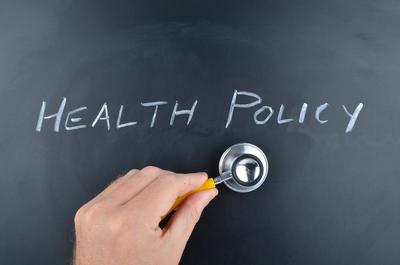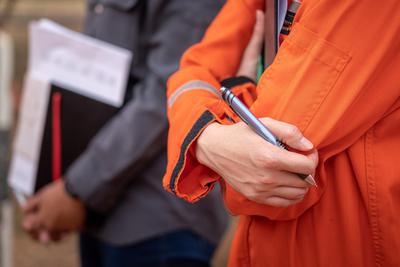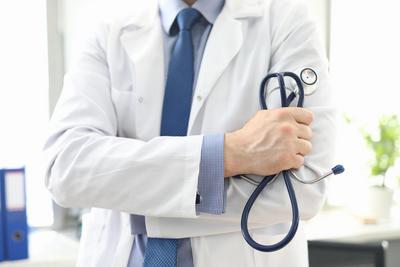
Occupational Health
Articles
About Occupational Health
Recent articles

Written by Diana Vaculova
Published on 11/8/2024

Written by Diana Vaculova
Published on 8/23/2024

Written by Diana Vaculova
Published on 8/22/2023

Written by Diana Vaculova
Published on 8/22/2023

Written by Diana Vaculova
Published on 8/9/2023

Written by Diana Vaculova
Published on 8/3/2023

Written by Diana Vaculova
Published on 7/27/2023

Written by Diana Vaculova
Published on 7/27/2023

Written by Diana Vaculova
Published on 7/27/2023

Written by Nicole Slaughter
Published on 6/17/2022

Written by Nicole Slaughter
Published on 6/17/2022

Written by Nicole Slaughter
Published on 6/9/2022

Written by Nicole Slaughter
Published on 2/8/2022

Written by Jared Rosenthal
Published on 3/10/2021

Written by Jared Rosenthal
Published on 9/2/2020

Written by Jared Rosenthal
Published on 5/18/2020

















